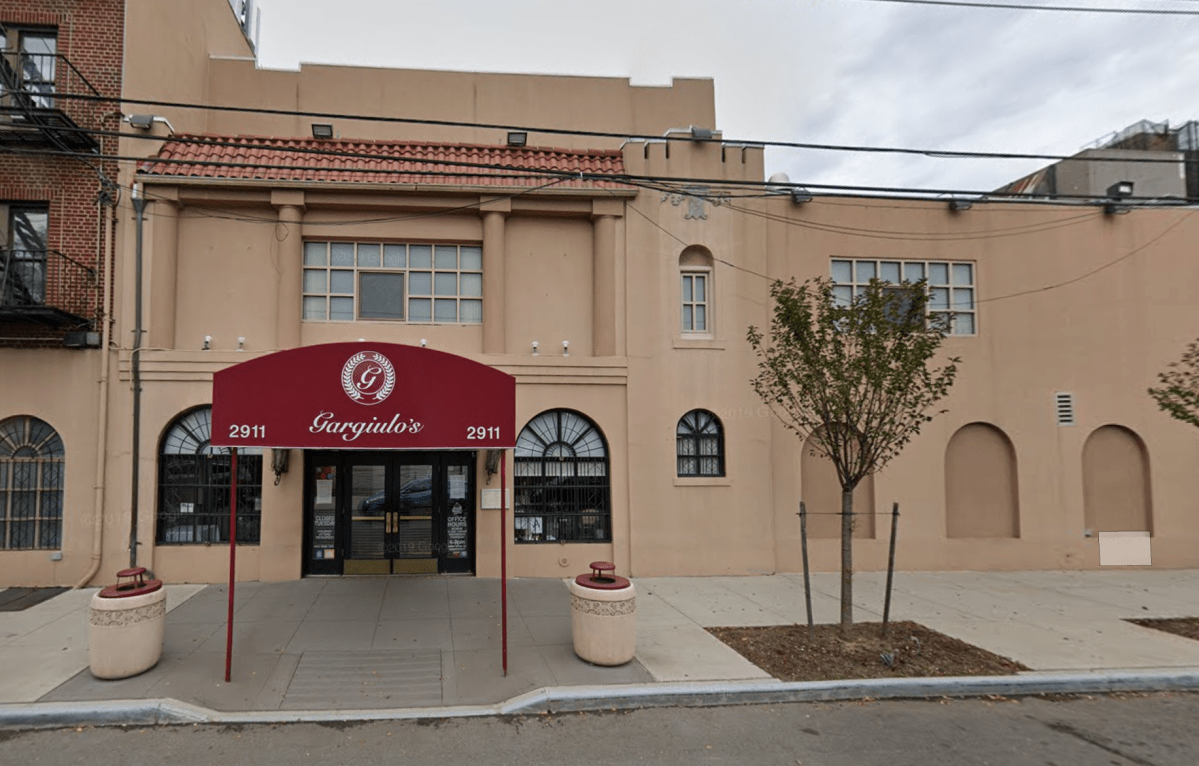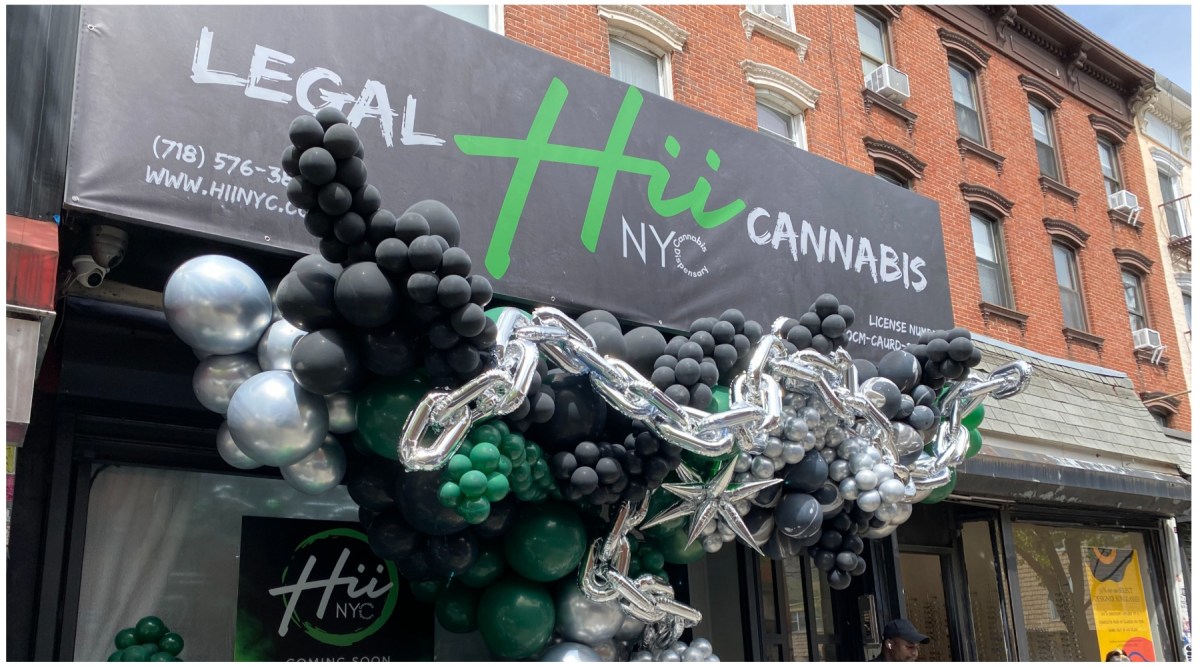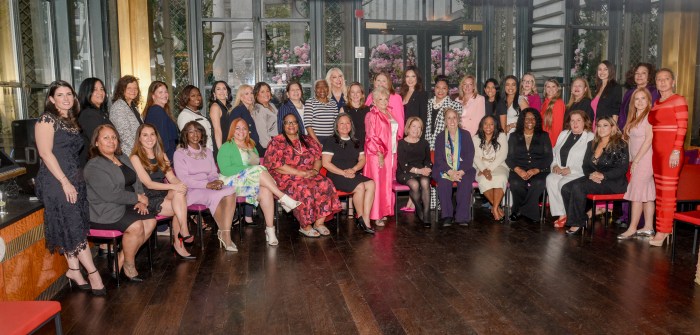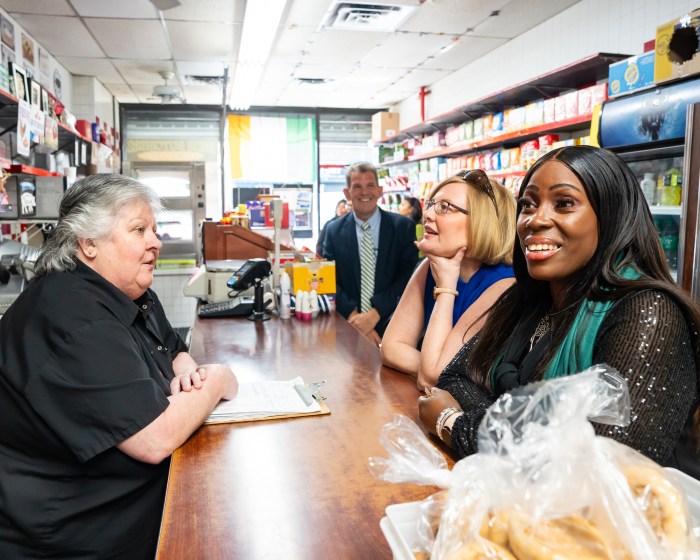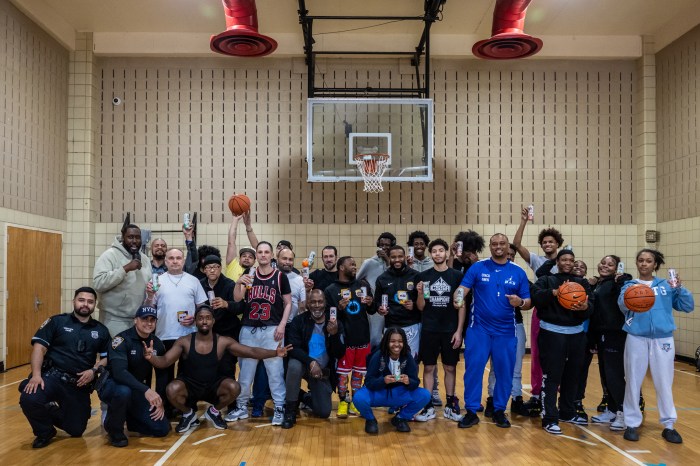 At the age of 12 to 15, many young women are experiencing the body and life changes that accompany adolescence. It can be difficult to imagine that breasts that are just beginning to develop may contain cancer. But such is the reality for some girls.
At the age of 12 to 15, many young women are experiencing the body and life changes that accompany adolescence. It can be difficult to imagine that breasts that are just beginning to develop may contain cancer. But such is the reality for some girls.
The majority of women who receive a breast cancer diagnosis are over the age of 40. Experts at Monroe Carell Jr. Hospital at Vanderbilt University note that only five percent of breast cancer cases are found in women under the age of 40.
However, the hospital recently treated a 14-year-old girl who found a lump and learned she had a rare form of breast cancer called a phyllodes tumor. In 2009, a 13-year-old from Little Rock, Ark. found a quarter-sized lump in her right breast, while a 19-year-old student at the College of New Jersey was diagnosed with cancerous cells and underwent a bilateral mastectomy.
Such cases are rare, but it behooves teenage and adolescent girls to familiarize themselves with the disease and be mindful of their breast health.
Some organizations have increased breast cancer messages for young girls, and it is not uncommon to find young women participating in runs and fund-raisers for breast cancer research. Some organizations even conduct breast cancer workshops to educate young women about breast health.
Dorothy Paterson of Texas, a former Girl Scout leader who was diagnosed with breast cancer herself, began conducting workshops for Girl Scouts in 2007.
The idea isn’t to scare girls into believing they have the disease, but rather to increase their awareness of changes in their bodies that may or may not be normal.
Some parents worry that educating children about breast cancer may cause them to worry unnecessarily, especially considering a young girl’s risk of developing breast cancer is so minimal.
However, others see the importance in schooling girls early on about a disease that is so common. Advocates of teaching young girls about breast cancer often note that any effort to help save lives and promote health is worthwhile.
Just as with older women, adolescents and teens should realize that eating healthy foods, exercising, avoiding alcohol and tobacco, and maintaining annual physical exams with a doctor are key ways to reduce the risk for cancer.












